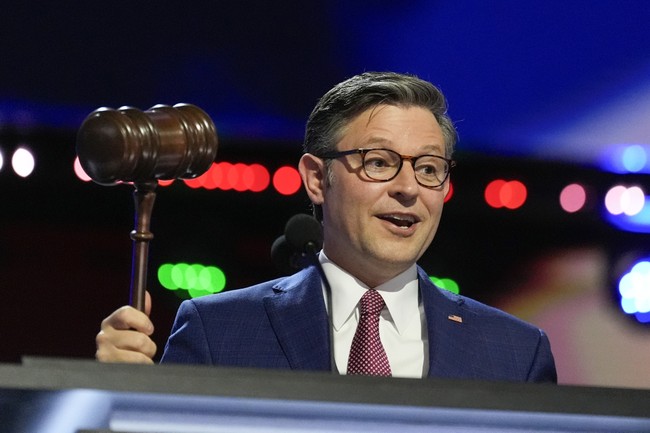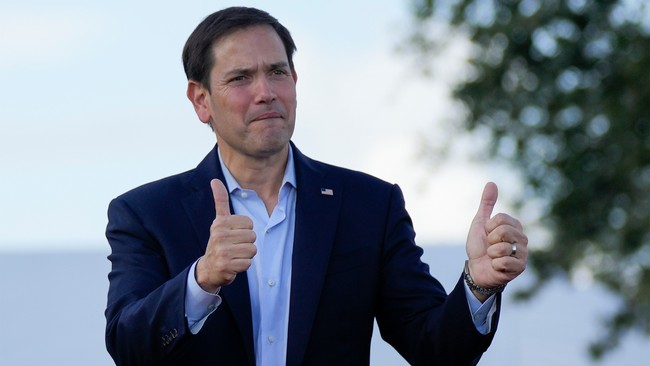Germany Faces Political Turmoil Ahead of Elections
With the collapse of Germany's coalition government and set elections on February 23, political uncertainty looms as key parties prepare for intense electoral battles.
Published November 14, 2024 - 00:11am

Image recovered from rtl.de
Germany finds itself in the throes of political upheaval as it hurtles towards early federal elections, with significant ramifications for the country's political landscape. This development follows the dissolution of the coalition government led by Chancellor Olaf Scholz, a coalition comprised of the Social Democratic Party (SPD), the Green Party, and the Free Democratic Party (FDP). The coalition fell apart amidst irreconcilable disagreements on economic policies and budgetary allocations for 2025, notably after Scholz dismissed Christian Lindner, the FDP's finance minister, triggering the political crisis.
The upcoming elections, scheduled for February 23, have become a focal point for the major political parties as they gear up for a highly competitive campaign. Friedrich Merz, leader of the Christian Democratic Union (CDU) and its counterpart, the Christian Social Union (CSU) from Bavaria, emerges as a central figure, criticizing Scholz's leadership and intent on capitalizing on public dissatisfaction with the current administration. The political dynamics are further complicated by Merz's insistence on a rapid election process, opposing Scholz's earlier preference for a delayed electoral calendar.
The electoral countdown involves significant logistical and strategic considerations. Chancellor Scholz has announced his intention to seek a vote of confidence from the Bundestag on December 11, with the decision expected by December 16. Failing to secure confidence will set in motion the official route to dissolving the parliament, potentially followed by President Frank-Walter Steinmeier formally endorsing the election date.
This political matrix is set against Germany's economic challenges and concerns over international developments, such as the geopolitical implications of a second Donald Trump presidency in the United States. Asserting the need for a robust Germany, political leaders like Markus Söder from Bavaria emphasize the potential repercussions of the current political instability.
The SPD, despite internal frictions and skepticism regarding Scholz's candidacy, strives to rejuvenate its public image and electoral prospects. Speculation surrounds potential alternative candidates such as Boris Pistorius, whose popularity across political lines adds an intriguing dimension to the leadership discourse within the SPD. However, Scholz remains a pivotal figure in the party's campaign narrative, underscoring his resolve to maintain a defensive stance while urging political and societal cohesion amidst profound division.
The electoral battlefield is marked by strategic maneuvers and contentious rhetoric between primary contenders. Accusations of unsavory campaign tactics have already surfaced, with Merz alleging the dissemination of AI-generated content purporting to disparage his political character. Moreover, the electoral climate is strained by ideological confrontations and varied policy perspectives, including those articulated by the far-right Alternative for Germany (AfD), which remains a formidable force despite the CDU's categorical refusal to form a coalition with them.
The German electorate faces a challenging decision-making process, influenced by intertwined economic, political, and international contexts. Polls suggest strong backing for the CDU/CSU, but nuanced electoral dynamics and the potential for political shifts keep outcomes unpredictable. The SPD hopes to harness resilient engagement from its base and swing voters to replicate past election successes against the odds. As the campaign progresses, attention turns to the potential implications of these elections for Germany's future governance and policy direction.






